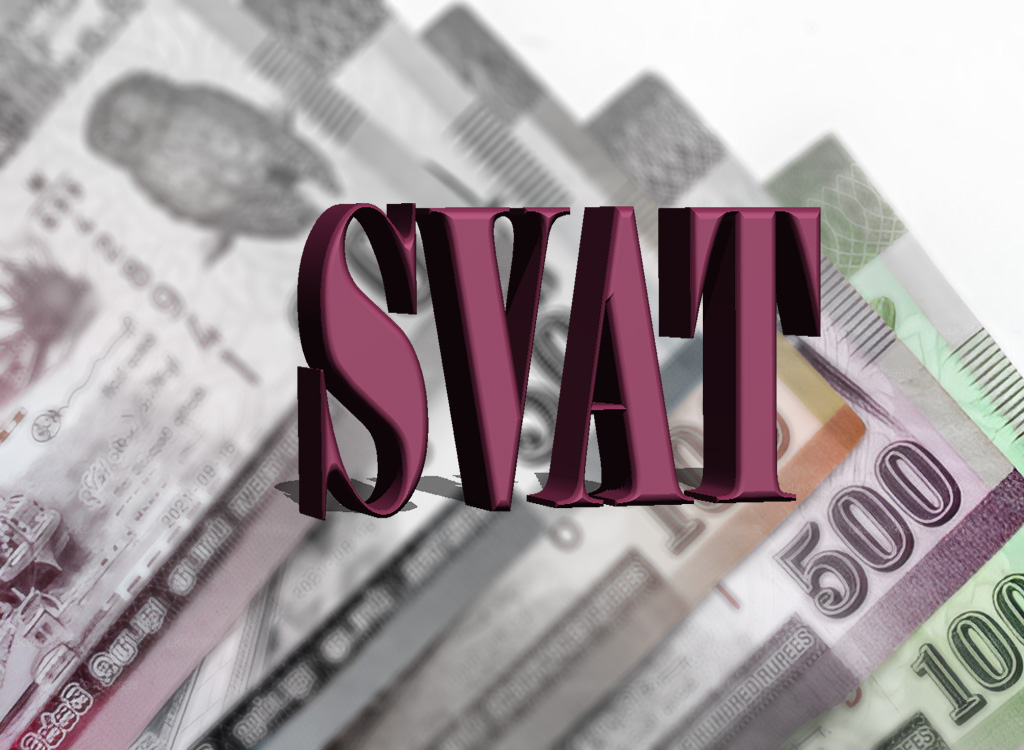Exporters in Sri Lanka have expressed serious concerns over the government’s plan to abolish the Simplified Value Added Tax (SVAT) scheme from October 1, noting that the absence of a fully functional refund mechanism could destabilise the country’s crucial export sector.
Speaking at a press conference in Colombo, industry leaders reaffirmed their commitment to cooperating with authorities during the transition but stressed the urgent need for a seamless digital VAT refund system.
They pointed out that while the Inland Revenue Department (IRD) has repeatedly assured that refunds will be processed faster than the legally mandated 45-day window, no pilot scheme has yet been conducted to demonstrate the system’s readiness.
Yohan Lawrence, Secretary General of the Joint Apparel Association Forum and Chairman of the Exporters Association of Sri Lanka, underscored the gravity of the situation.
“Failure to smoothly launch the exporter VAT refund programme following SVAT repeal will have serious consequences for the export industry, which is the lifeblood of the economy,” he said.
Shiham Marikar, Secretary General and CEO of the National Chamber of Exporters (NCE), criticised the government’s rationale for removing SVAT, which it argues is necessary to prevent tax leakages.
He warned that “if leakages take place due to a few people, all of the industry should not be carpet bombed.” Marikar called for a delay in repealing SVAT until a fully operational e-invoicing and digital refund platform is in place, cautioning that removing SVAT prematurely could reopen doors to corruption.
The apparel sector, which plays a dominant role in Sri Lanka’s export earnings, anticipates paying approximately Rs 12 billion in VAT to the IRD once SVAT is scrapped.
Exporters are entitled to refunds of this amount within 45 days, making timely reimbursement critical for maintaining cash flow in an industry already grappling with declining global prices and the impact of US reciprocal tariffs. Moreover, the abolition of SVAT will affect suppliers, many of whom have helped establish a USD 1 billion raw material base in Sri Lanka, potentially undermining their competitiveness.
Despite government assurances, significant challenges remain, including unresolved issues in aligning data between Sri Lanka Customs, the IRD, and exporters. The current RAMIS system has faced performance issues, prompting exporters to call for an electronic invoicing system that guarantees a seamless digital refund process.
While some technical work has begun on a pilot project, industry representatives warn it will not be ready in time for the October 1 deadline. They have therefore urged the government to postpone the SVAT repeal until a proven and practical digital refund mechanism is in place.
The government’s ability to implement this transition smoothly is now seen as a critical test for maintaining the stability and competitiveness of Sri Lanka’s export sector amid an already challenging global economic environment.











Leave a comment